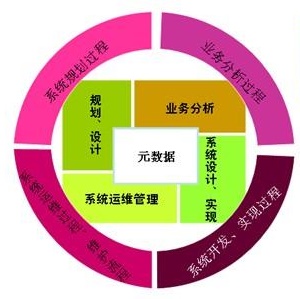Great endeavors have been made to study AI's ability in abstract reasoning, along with which different versions of RAVEN's progressive matrices (RPM) are proposed as benchmarks. Previous works give inkling that without sophisticated design or extra meta-data containing semantic information, neural networks may still be indecisive in making decisions regarding RPM problems, after relentless training. Evidenced by thorough experiments and ablation studies, we showcase that end-to-end neural networks embodied with felicitous inductive bias, intentionally design or serendipitously match, can solve RPM problems elegantly, without the augment of any extra meta-data or preferences of any specific backbone. Our work also reveals that multi-viewpoint with multi-evaluation is a key learning strategy for successful reasoning. Finally, potential explanations for the failure of connectionist models in generalization are provided. We hope that these results will serve as inspections of AI's ability beyond perception and toward abstract reasoning. Source code can be found in https://github.com/QinglaiWeiCASIA/RavenSolver.
翻译:众多的工作致力于研究AI的抽象推理能力,其中RAVEN的渐进矩阵的不同版本被提出作为基准。以往的研究表明,即使进行了不懈的训练,如果没有复杂的设计或额外包含语义信息的元数据,神经网络仍可能在推理问题上存在决策上的不确定性。通过详尽的实验证明和削弱研究,我们展示了端到端的神经网络在具有合适归纳偏差的情况下,无需任何额外的元数据或任何特定骨干的偏好,即可优雅地解决RAVEN问题。我们的工作还揭示了多视点与多评估是成功推理的关键学习策略。最后,我们提供了关于连接模型在泛化方面失败的潜在解释。我们希望这些结果将作为应用AI能力超越感知和朝着抽象推理的检验。源代码可以在https://github.com/QinglaiWeiCASIA/RavenSolver找到。


